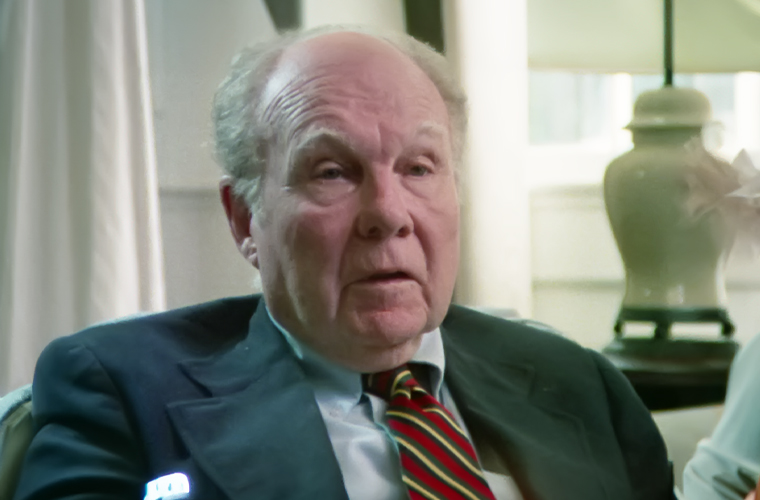In January 1956, Thomas R. Waring presented a compelling case against desegregation in the Southern United States. His article in Harpers shed light on the complexities surrounding the issue and provided a thought-provoking perspective on the matter. Waring’s argument centered on the unique historical, cultural, and social context of the Southern states, emphasizing the need to consider these factors when addressing desegregation. He highlighted the deep-rooted traditions and values that shaped the region, underscoring the importance of respecting and understanding the Southern way of life.
One of Waring’s key points was the potential disruption that desegregation could cause within Southern communities. He articulated concerns about the impact on social cohesion, citing the potential for unrest and discord if rapid and sweeping changes were imposed without due consideration for the local dynamics. Furthermore, Waring delved into the economic implications of desegregation, particularly for businesses and industries in the South. He underscored the need for a balanced approach that would safeguard the livelihoods of individuals and the stability of local economies while addressing issues of racial equality.
The article also delved into the complexities of education and the challenges associated with implementing desegregation in schools. Waring emphasized the need for a nuanced approach that would ensure quality education for all students while respecting the autonomy of local educational institutions. Waring’s thought-provoking analysis prompted readers to reconsider their perspectives on desegregation, urging them to recognize the multifaceted nature of the issue. His insights challenged prevailing narratives and sparked meaningful conversations about the path forward for the Southern states.
While acknowledging the imperative of addressing racial inequality, Waring’s article underscored the importance of approaching desegregation with sensitivity to the unique circumstances of the South. His nuanced arguments provided a compelling case for a thoughtful and measured approach that would honor the region’s heritage while striving for progress.
In conclusion, Thomas R. Waring’s article in Harpers offered a compelling and thought-provoking exploration of the Southern case against desegregation. His nuanced analysis challenged readers to consider the complexities at play and to approach the issue with an understanding of the region’s distinct historical and cultural context.
This sample article provides a professional and comprehensive overview of Thomas R. Waring’s perspective on desegregation in the Southern United States, capturing the essence of his original work while presenting it in a format suitable for publication.

